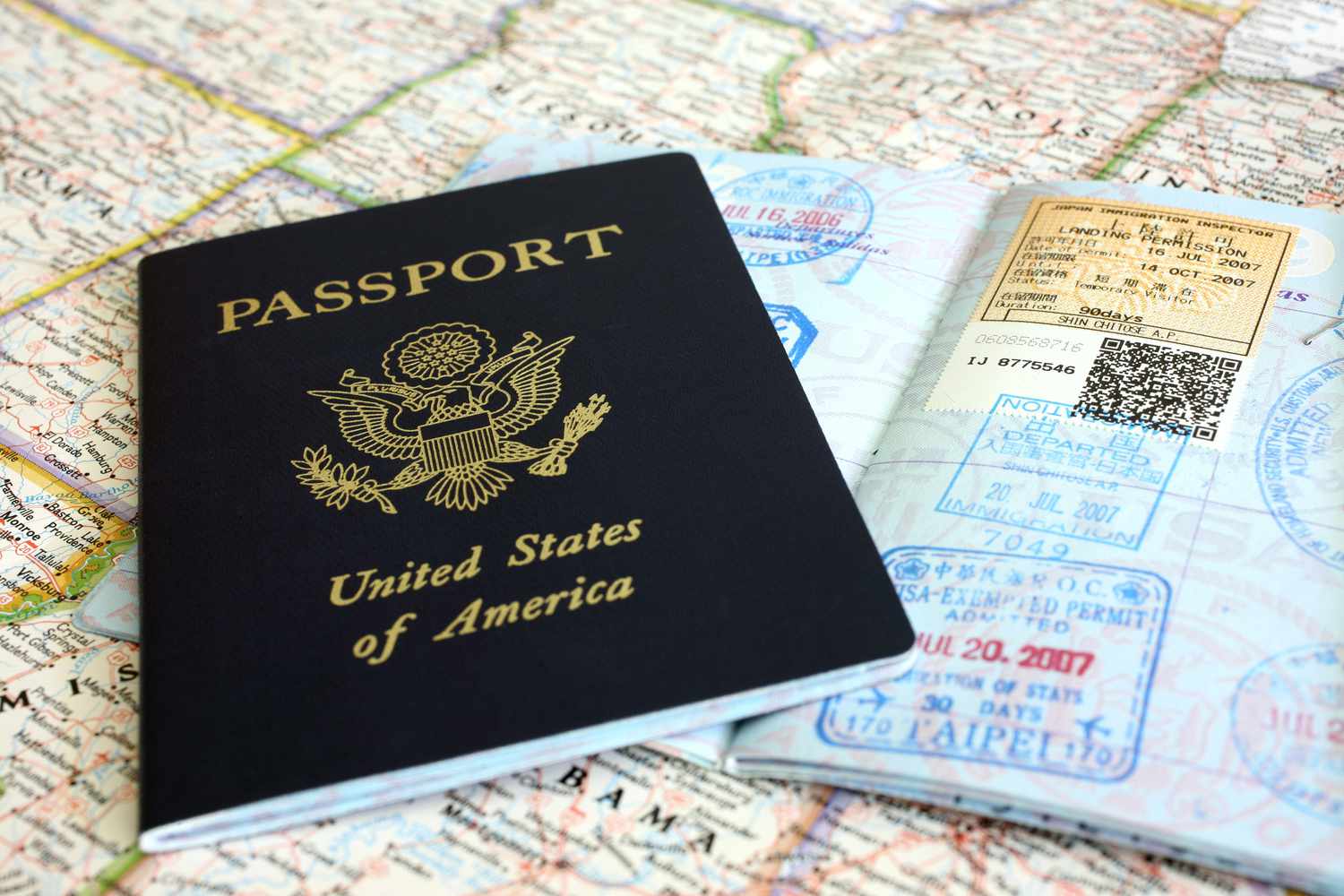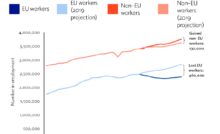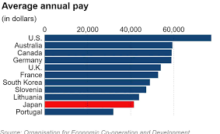Student Visa Changes in 2024: Key Updates in the US, Canada, Australia, and the UK


Student visa policies in the US, Canada, Australia, and the UK have seen significant changes in 2024. These nations remain top destinations for international students, but recent updates impact everything from work rights to post-study residency options. In the US, there are adjustments to Optional Practical Training (OPT) programs, extending stay durations for STEM graduates. Similarly, Canada has expanded work hours for international students, giving them more flexibility to gain practical experience while pursuing their studies.
Australia has introduced new visa categories that make it easier for students to transition from study to work visas, while the UK has extended its post-study work visa, making it more attractive for graduates looking to stay and work. These changes reflect efforts by these countries to retain talent and attract skilled workers to their economies.
Despite these positive developments, the new requirements have also created challenges. Stricter financial conditions and higher tuition fees in some regions make it harder for students from lower-income countries to access these opportunities. Navigating the updated regulations can also be a complex process, requiring careful planning for those aiming to study abroad.
Recent Posts
New Immigration Pathways in Europe: A Breakdown of Digital Nomad Visas
The rise of remote work has paved the way for digital nomad visas, offering professionals…
Family Reunification Policies: How Different Countries Approach Visa Delays and Backlogs
Visa delays and backlogs have long been a challenge for families seeking reunification, and the…
The Impact of Global Inflation on Immigrant Communities
As global inflation continues to rise, immigrant communities are disproportionately affected. In many countries, the…
Climate Refugees: The Growing Role of Climate Change in Immigration Policy
Climate change is increasingly driving migration, with rising sea levels, severe droughts, and catastrophic weather…
Top Countries with Investor Visa Programs in 2024: Requirements and Benefits
Investor visa programs offer pathways to residency or citizenship in exchange for significant financial investment,…
Immigration Policy Shifts in the US: What to Expect with the Upcoming Elections
With the 2024 US elections approaching, immigration policy is a key issue on the political…

